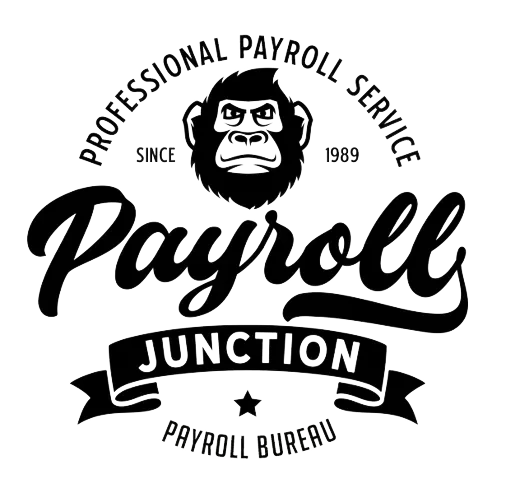The deadline – 6 July – for reporting expenses and benefits to HM Revenue & Customs (HMRC) is rapidly approaching. It’s important for all employers to understand their responsibilities regarding this crucial tax form, so we’re here to guide you through the essentials.
What is a Benefit in Kind?
A benefit in kind (BIK) refers to any non-cash benefit provided to employees that holds monetary value. These benefits are additional perks that go beyond regular salary and wages. Common examples include company cars, private health insurance, interest-free loans, and gym memberships. While these perks can boost employee satisfaction, they are considered taxable benefits by HMRC.
Why is the P11D form required?
The P11D form is required by HMRC to report these benefits in kind. Employers must complete a P11D for each employee who has received any taxable benefits or expenses during the tax year. This ensures that the correct amount of tax is paid on these benefits.
Types of benefits to include on the P11D
This is not an exhaustive list, but some common benefits provided by employers might include the following:
- Company Cars and Fuel: If you’ve provided a company car to an employee, this must be reported, along with any fuel provided for personal use.
- Health Insurance: Private medical insurance paid for employees should be included.
- Interest-Free or Low-Interest Loans: Any loans provided to employees exceeding £10,000 must be reported.
- Living Accommodation: If you provide housing for employees, the value must be included.
- Gym Memberships: If you offer free or subsidised gym memberships, these are taxable benefits.
P11D and Class 1A National Insurance
Many benefits require a payment by the employer of Class 1A national insurance. This is basically a substitute for the employer’s national insurance that would have been paid if the employee had received the same monetary value through payroll rather than as a benefit. This payment has to be made by 22nd July (or 19th July if paid by cheque) and penalties and interest can apply if you’re late paying.
Of course, if you are already payrolling your expenses and benefits then you may have already paid all or most of the amount due.
P11D Process step-by-step
Completing the P11D form involves the following steps:
- Gather Information: Collect details of all benefits provided to each employee during the tax year.
- Use the Correct Forms: Ensure you’re using the correct version of the P11D form for the relevant tax year.
- Accurate Valuation: Accurately determine the cash equivalent of each benefit provided. HMRC provides guidance on how to value different types of benefits.
- Class 1A National Insurance: Calculate and report Class 1A National Insurance contributions on these benefits using the P11D(b) form.
- Submission: Submit the completed P11D forms to HMRC by 6 July. Provide employees with a copy of their individual P11D by the same date.
As mentioned, the deadline for submitting this year’s P11D forms is 6 July 2024. It’s crucial to meet this deadline to avoid penalties. If you are late in submitting, you’ll get a penalty of £100 per 50 employees for each month or part month your P11D is late. You will also be charged penalties and interest if you’re late paying HMRC.
By staying informed and organised, you can ensure that your P11D forms are completed correctly and submitted on time. Alternatively, you can avoid all the hassle and outsource your payroll to us here at Payroll Junction. Get a quote today!

